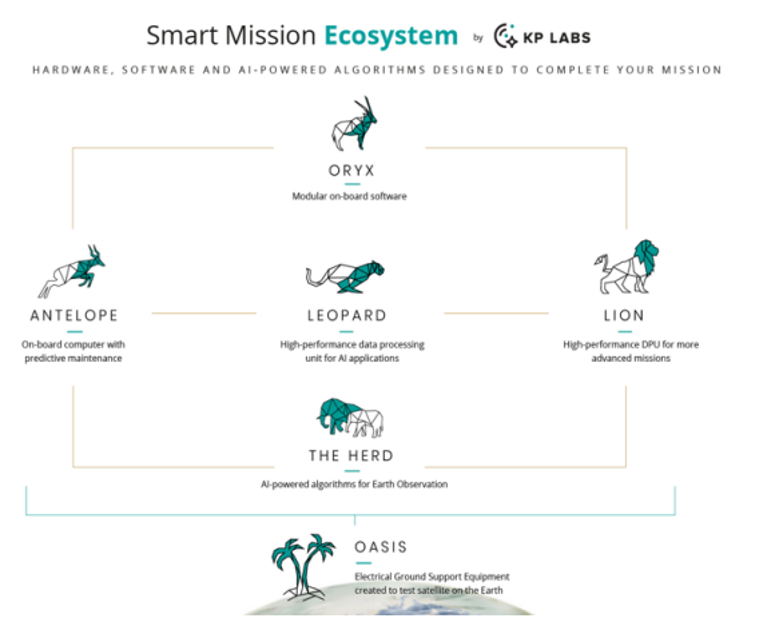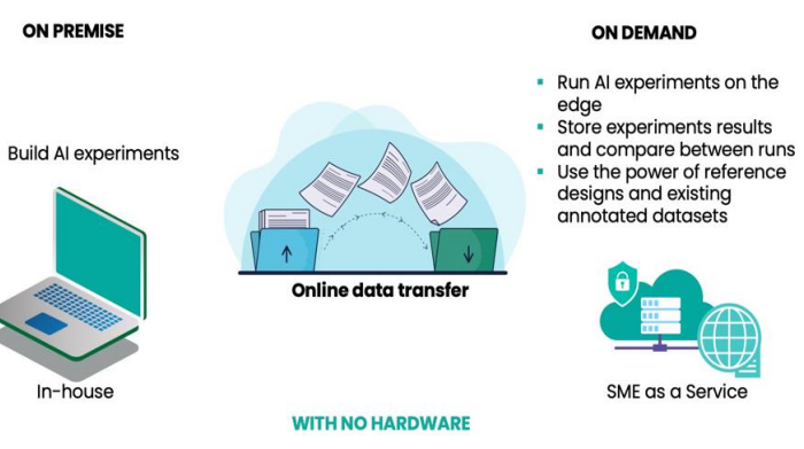
 Data Analytics, Insights & Applications
Data Analytics, Insights & Applications  Data Processing & Visualisation
Data Processing & Visualisation How can product companies find a golden middle between satisfying the customer by delivering rapidly the product, based on customer expectations, and securing a high rate of product purchases?
One of the main problems in the space industry is late access to hardware that leads to incomplete testing and validation of the software. Facing this issue, KP Labs has come up with a solution on how to fulfil the needs of the customer and secure income, by allowing the client to have a rapid remote access to its hardware products and creating SME as a Service solution. Solving this problem will satisfy both customer and the manufacturer by giving the following:
For the Customer:
For KP Labs:
Targeted customers include companies and institutions from space industry who use algorithms (traditional and AI/ML) on satellites and want to test their solution before utilisation in space. Quick access to hardware and possibility of verification of code is one of their main needs, and KP Labs’ SMEaaS will meet it.
Worldwide.
KP Labs would like to propose a new way of selling upstream DPUs, by giving the customer rapid, remote access and introducing hardware as a virtual service.
KP Labs has a portfolio of products called Smart Mission Ecosystem:.

It consists of several products:
These products define the company product offer and are dedicated for missions up to 500 kg, and up to Class 4. The major idea of SME as a Service is to allow customer to use them remotely, whenever they want and wherever they are.
The customer will get access to the major KP Labs hardware products to be able to test and verify their algorithms. This solution will allow for the customer to receive remote access to the product through a Virtual Private Network as presented below (see Added Value section), and use it as they pay, being able to configure the solution as they need. To use the SME as a Service, a customer will need a computer station with open-source tools to design their AI solutions (such as TensorFlow), list of requirements for the mission and Internet access.
Currently, the most popular way of testing algorithms on the real hardware requires purchase of the hardware and waiting for it to be produced and delivered. It is hard to test and experiment with the data processing units, and choosing the one that really meets the actual mission’s needs. Utilisation of SMEaaS allows testing and verifying code on different units of hardware, which in turn allows to choose between them, according to the specific solution’s needs.

The SMEaaS project was officially closed on 28 May 2025. KP Labs’ team has presented all deliverables due for successful closure and proof of SML Service being fully functional and already being available for clients.
